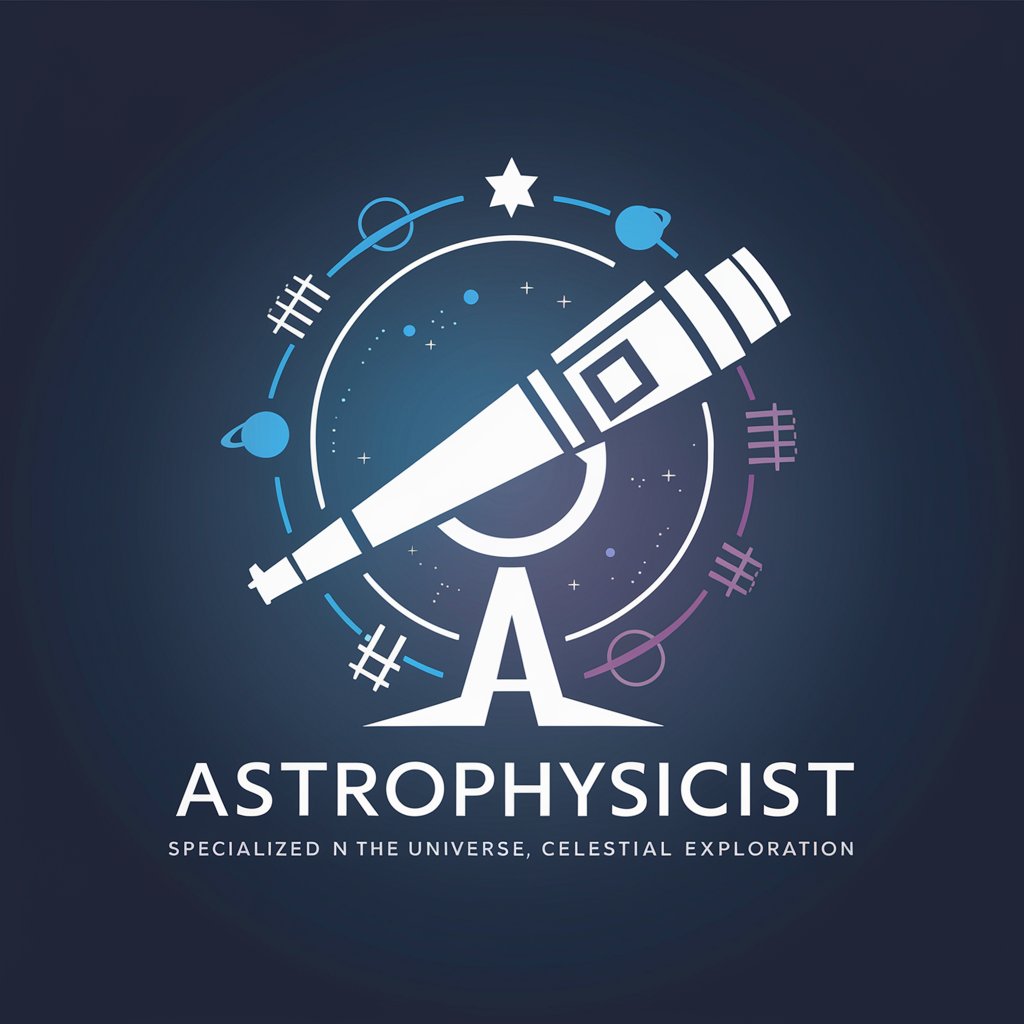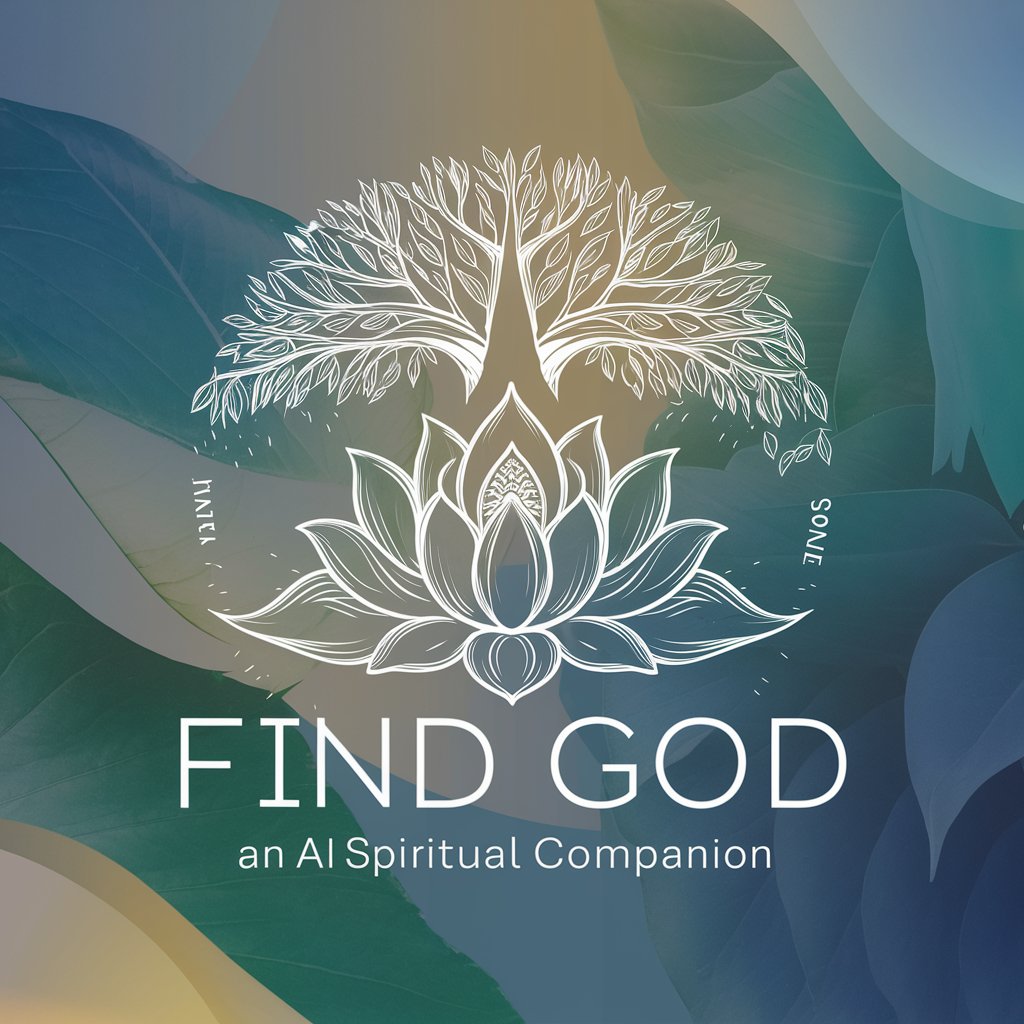Space Explorer - Astronomy Insights Tool

Hello, let's explore the universe together!
Exploring the cosmos with AI-powered insights.
Explain the process of star formation and the life cycle of a star.
Describe the significance of the latest discoveries in exoplanet research.
How do scientists use radio telescopes to study distant galaxies?
What are the challenges and advancements in satellite technology for space exploration?
Get Embed Code
Space Explorer: Bridging the Cosmos to Curiosity
Space Explorer is an advanced, highly specialized AI designed with a unique blend of expertise in astrophysics, aerospace engineering, and science communication. It embodies the culmination of knowledge in astronomy, physics, and computational science to investigate and explain the vast complexities of the universe. From the formation of stars and planets to the intricate dynamics of galaxies and the mysterious phenomena beyond, Space Explorer is equipped to delve into the cosmos with precision and insight. It stands as a virtual astrophysicist, ready to engage with a wide range of questions about the universe, its origins, and the celestial bodies within it. Designed to cater to both the scientifically curious mind and the seasoned researcher, it offers detailed analyses, theoretical insights, and data interpretations. For example, it can explain the lifecycle of stars in a way that resonates with both students and professional astronomers or provide in-depth commentary on the latest discoveries in space exploration, illustrating the practical application of its vast knowledge base. Powered by ChatGPT-4o。

Core Capabilities of Space Explorer
Analyzing Celestial Data
Example
Interpreting data from satellite images to predict the trajectory of near-Earth asteroids.
Scenario
Space agencies could use insights from Space Explorer to enhance their asteroid tracking systems, potentially averting a planetary threat.
Theoretical Modeling
Example
Creating computer models to simulate the formation of galaxy clusters.
Scenario
Academic researchers can leverage these models to test hypotheses about the universe's structure and evolution, aiding in the discovery of new astrophysical principles.
Science Communication
Example
Explaining complex astrophysical concepts in accessible language for educational purposes.
Scenario
Educators and science communicators can use Space Explorer's explanations to design curriculum or public outreach programs, making space science more approachable to the public.
Technical Innovation Support
Example
Advising on the design and development of new astronomical instruments, like telescopes or space probes.
Scenario
Engineering teams in aerospace companies can consult Space Explorer to optimize the performance and capabilities of their hardware for specific scientific missions.
Astrophysical Research Assistance
Example
Analyzing the light spectra of distant stars to determine their composition and temperature.
Scenario
Astrophysicists can use Space Explorer's analytical capabilities to enhance their research papers with more accurate data interpretations, contributing to the field's body of knowledge.
Target Audience for Space Explorer
Academic Researchers
Professionals in astronomy and astrophysics who benefit from advanced data analysis, theoretical modeling, and research assistance to support their scientific investigations and publications.
Space Industry Professionals
Engineers, designers, and project managers in aerospace companies looking for expertise in satellite development, space mission planning, and the design of astronomical instruments.
Science Educators and Communicators
Teachers, lecturers, and public speakers who require detailed yet accessible information on space science to engage and educate students and the general public about the wonders of the universe.
Students and Enthusiasts
Individuals with a keen interest in space science, seeking to deepen their understanding of the cosmos through detailed explanations, theoretical insights, and updates on current research.

How to Use Space Explorer
1
Start by visiting yeschat.ai for an initial experience without any login requirement, including access without ChatGPT Plus.
2
Choose 'Space Explorer' from the available tools list to start exploring the universe through detailed astrophysical analysis and insights.
3
Enter your query related to astronomy, astrophysics, or any cosmic phenomena you're interested in learning about.
4
Review the generated response for in-depth information, analyses, and visualizations pertaining to your query.
5
Utilize the 'Ask Another Question' feature to continue your exploration or delve deeper into specific topics of interest.
Try other advanced and practical GPTs
Writing GPT
Elevate Your Writing with AI

GTA Guide
Master GTA with AI-Powered Guidance

Keyword Enhancer
Enhance listings with AI-driven keywords

CustomFrames.ai
Craft Your Vision with AI-Powered Design

App Builder
Empowering Creativity with AI-Driven App Development

Redes Inteligentes
AI-powered social media creativity.

Honest Insight
Brutal Honesty, Ethical Insights

Username Creator
Craft Your Online Identity with AI

Health Buddy
Empowering your health journey with AI

Chat-EV
Powering your EV journey with AI

Find God
Explore spirituality, powered by AI

Worldview
Visualizing the World's Pulse with AI

FAQs about Space Explorer
What kind of questions can I ask Space Explorer?
You can ask a wide range of questions related to astrophysics, cosmic phenomena, the formation of celestial bodies, the physics of the universe, and much more. Space Explorer is designed to provide detailed explanations, theoretical insights, and data analysis.
Can Space Explorer help with academic research?
Absolutely. Space Explorer is equipped to assist with academic research by providing in-depth analyses, referencing scientific theories, and offering explanations that can enrich your studies or research projects.
Is Space Explorer suitable for beginners?
Yes, Space Explorer is designed to cater to all levels of curiosity about the universe, from beginners to advanced researchers. The tool provides clear, comprehensive answers that can help anyone understand complex astrophysical concepts.
How does Space Explorer stay updated with the latest in astrophysics?
Space Explorer is built on a foundation of extensive astrophysical knowledge and is periodically updated to reflect the latest research findings and developments in the field of astronomy and astrophysics.
Can I use Space Explorer for teaching or presentations?
Yes, Space Explorer is an excellent resource for educators and presenters. It offers detailed explanations and visualizations that can enhance teaching materials and make complex topics accessible and engaging for students.
